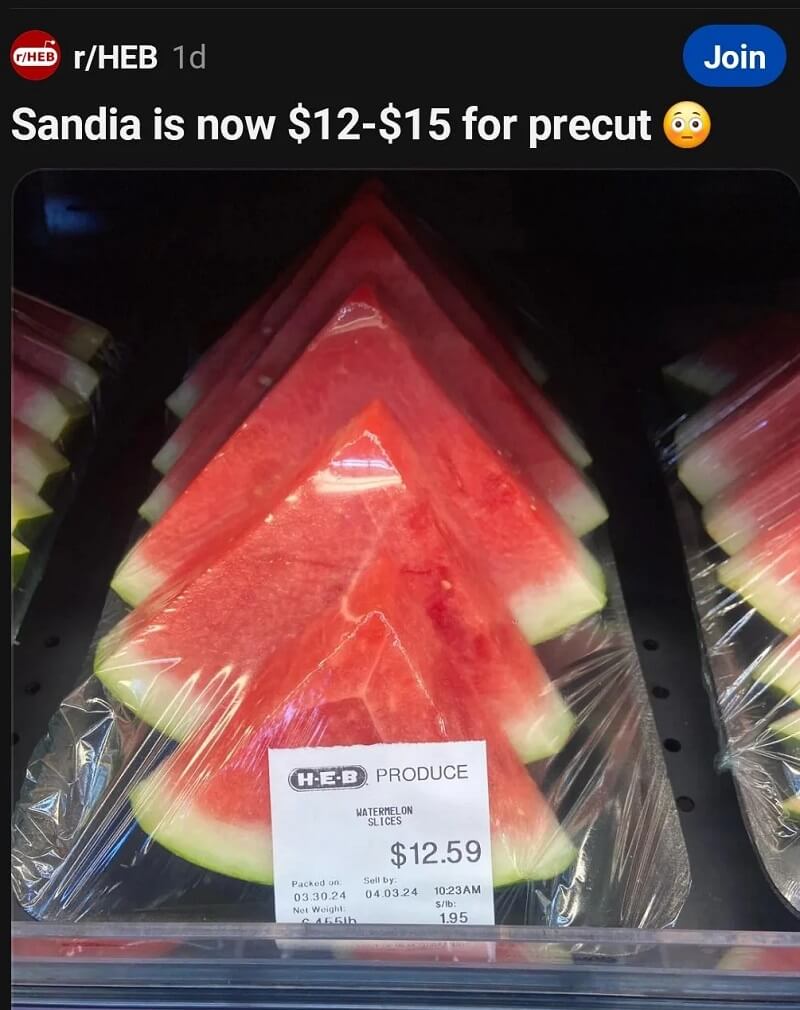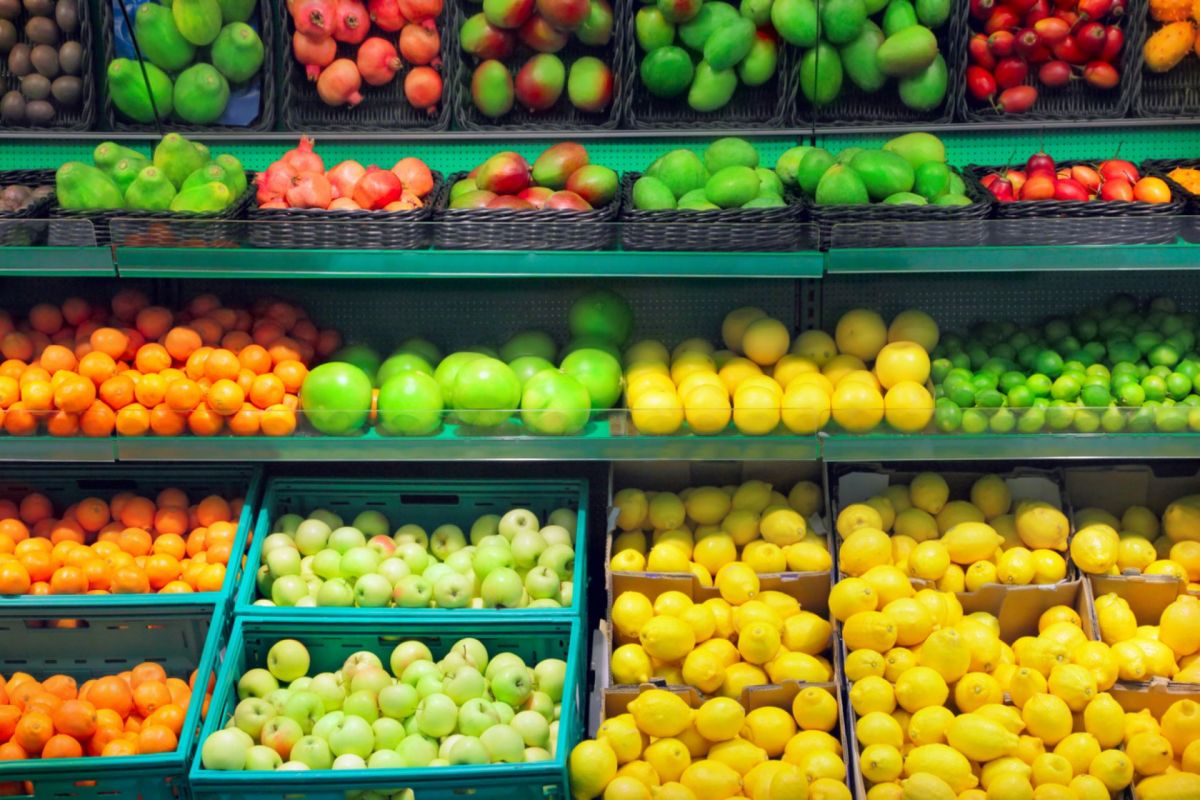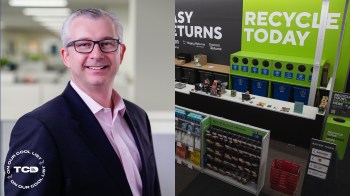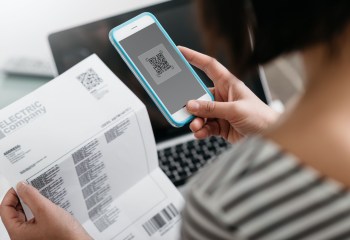Excessive packaging is taking over grocery store produce sections, and many buyers are sick of seeing it.
Posts have popped up on social media sites, including Reddit, calling out the companies participating in this wasteful practice. One of those threads included a photo of some watermelon for sale that commenters found outrageous.
What happened?
"Twelve to fourteen dollars for watermelon! This infuriates me to no end!" said the original poster in their thread on r/Anticonsumption, screenshotting from a previous post in a subreddit for the grocery chain H-E-B referencing the Spanish word for watermelon, Sandia.

Their photo shows a tray of watermelon slices on an H-E-B supermarket shelf in Texas. The tray appears to be styrofoam and is wrapped in cling film. Its price is marked as $12.59 — and it doesn't even look like a whole watermelon.
"Please tell me that's not a USD price," said one commenter.
"Unless Texas has its own dollars now, then yes, it is," replied another user.
Other retailers have also sold watermelons wrapped in plastic, although H-E-B's prices seem much steeper.
Why does it matter if H-E-B is selling watermelon this way?
Selina Wamucii estimates that in 2024, watermelon normally retails at between 45 and 89 cents per pound. According to the sticker in this photo, H-E-B is selling sliced watermelon for $1.95 a pound, more than twice the top end of the range.
In other words, buyers are paying two to four times as much for the convenience of not slicing their melons — plus some plastic packaging.
That plastic is a problem of its own. It creates extra trash for the buyer to deal with, and the cling film can't be recycled. At worst, this plastic trash will end up as litter, dumping more microplastics into the environment as it breaks down — and at best, it'll go to a dump.
"From 100% biodegradable to 500 years in a landfill," said the frustrated OP.
Is H-E-B aware of the issue?
First, it's important to note that pre-cut fruits and veggies do serve a purpose. People with disabilities are not always able to slice these items easily or at all, so it makes sense to offer sliced items in-store.
However, there are many better packaging options than styrofoam and cling film, including compostable and biodegradable products.
H-E-B claims it's trying to lower the amount of plastic packaging in its stores. "We're working to reduce the amount of food and packaging we use, while simultaneously preventing unnecessary waste from ending up in landfills or our water streams," the company says on its website.
What can I do to reduce plastic waste in my daily life?
If you want juicy, flavorful watermelons with zero plastic packaging, you can grow your own. You can also look for local growers with eco-friendly practices or support a grocery store that offers watermelons without the packaging.
More broadly, many plastic products have plastic-free alternatives you can swap out for everyday items.
Join our free newsletter for cool news and actionable info that makes it easy to help yourself while helping the planet.








